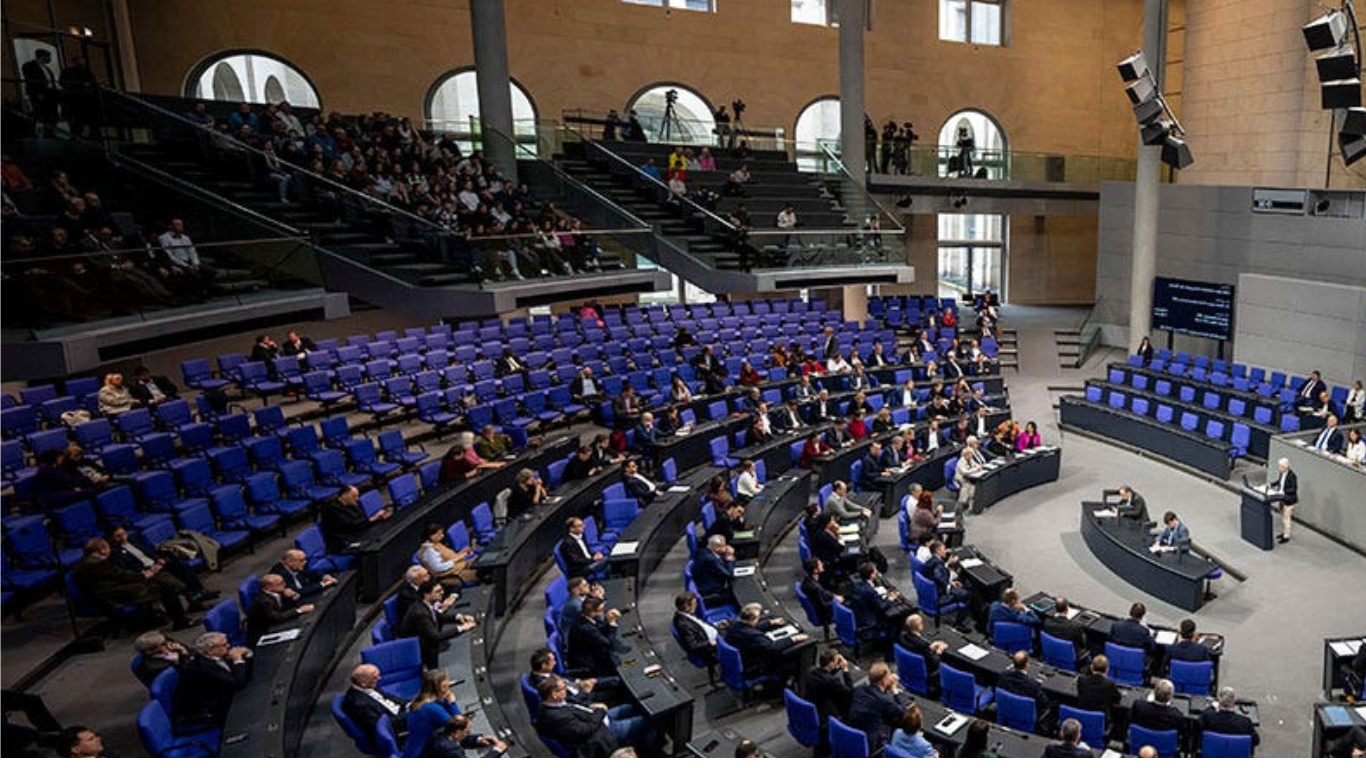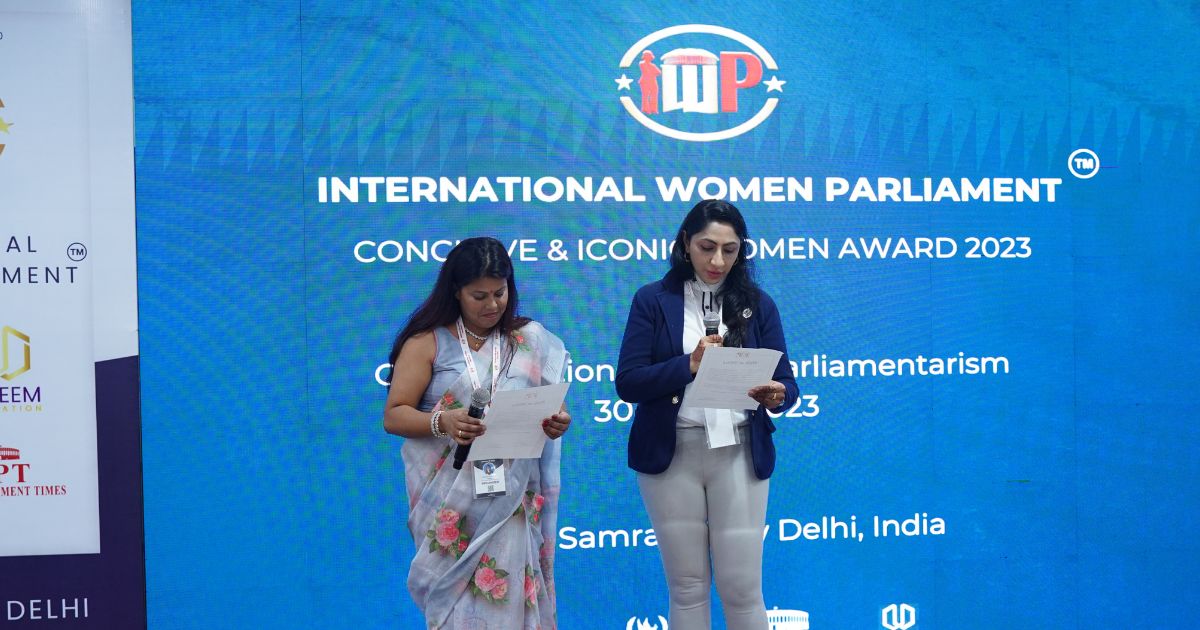As conservatives have solidified their hold on power amid a continuous generational shift in Iran’s political leadership, moderates have been marginalized in the country following the failure of their outreach to the West. There is little doubt that Ayatollah Khamenei’s successor will be a conservative given the exclusion of reformists and the negligible participation of moderates in the new Assembly of Experts.
Iran held elections on March 1, 2024, for the 290-seat Islamic Consultative Assembly and the 88-member Assembly of Experts, which chooses and monitors the actions of the Supreme Leader. Iran’s Interior Ministry issued numbers showing that over 25 million voters cast ballots, representing a 41% turnout rate.1.The parliamentary elections were mostly a contest between the conservative factions due to the minimal involvement of reformists and moderates. The unexpected result, however, was the superior performance of the incumbent parliament speaker Bagher Ghalibaf, a three-time presidential candidate, former Tehran mayor, and commander of the Islamic Revolutionary Guard Corps (IRGC) Aerospace Force, leading the traditional conservatives. Ghalibaf and the newcomers belonged to the hardline Front of Islamic Revolution Stability, also known by its Persian acronym Paydari.
Iran’s 207 electoral districts are represented by the 290 members of the Majlis. The largest multi-seat district is Tehran, with 30 seats, followed by East Azerbaijan, with 6 seats. In districts with many parties, unofficial factions compile lists of candidates to be elected, and seats are allotted to the contenders based on the total number of votes they obtain.Additionally, two successful candidates must receive at least twenty percent of the total votes cast. Because of this, a number of delegates for the Tehran district will be chosen in runoff elections that will take place in the upcoming months.The first screening of candidates who register for elections is done by the Elections Supervisory Board, which is led by the deputy interior minister for political affairs. The candidates are then examined by the 12-member Guardian Council, which is made up of six Islamic jurists chosen by the Supreme Leader and six jurists chosen by the parliament from a group of nominees proposed by the Chief Justice, who is also appointed by the Supreme Leader.Article 28 of the Islamic Consultative Assembly Elections Act enumerates the standards by which the Guardian Council must decide which candidates to accept or reject. But in the last several years, a number of well-known candidates who were disqualified have accused the Council of political prejudice and asked for an explanation for its rulings. 88 mujtahids, or experts in Islamic law, make up the Assembly of Experts. They are chosen for eight-year periods by direct public voting from 31 electoral districts or administrative provinces across the nation.3. The last assembly election was moved up one year to coincide with the 2016 parliamentary elections in an effort to cut expenses and boost turnout.





